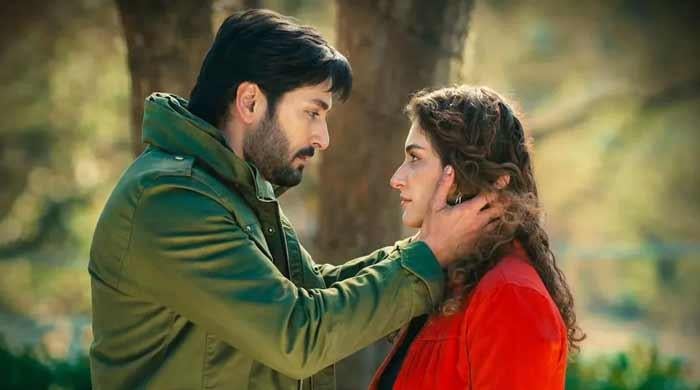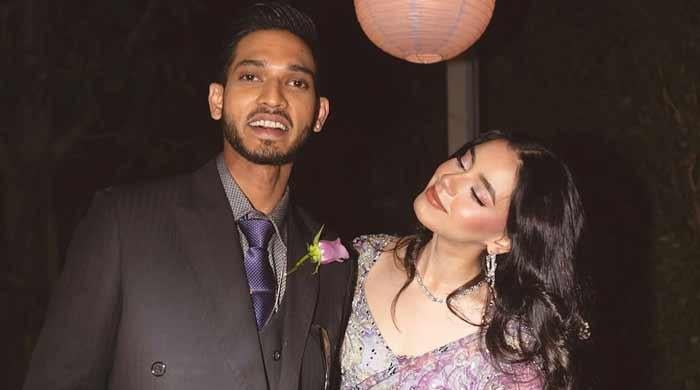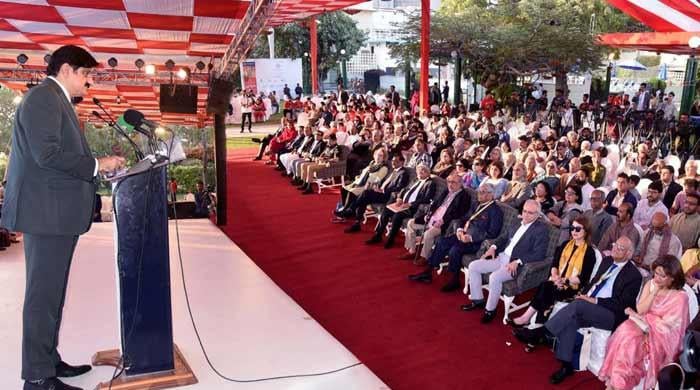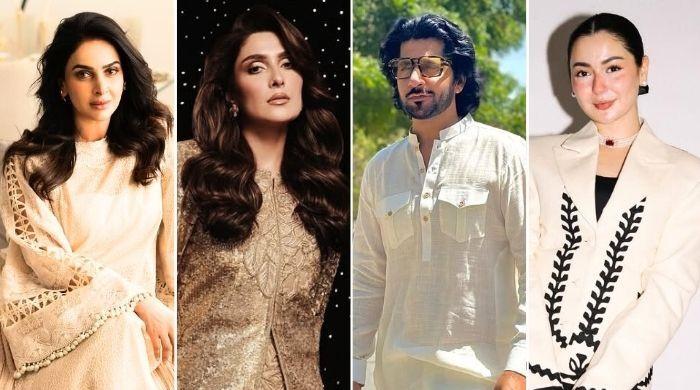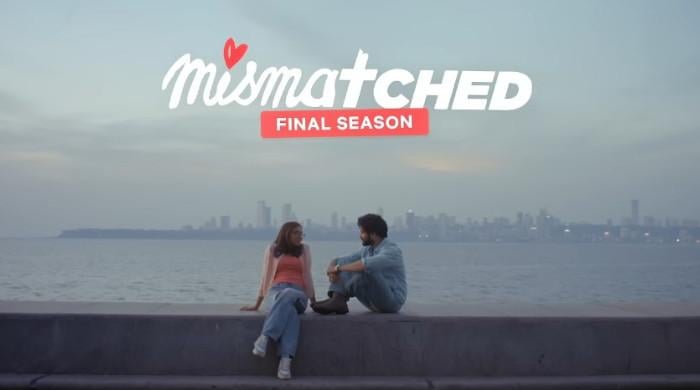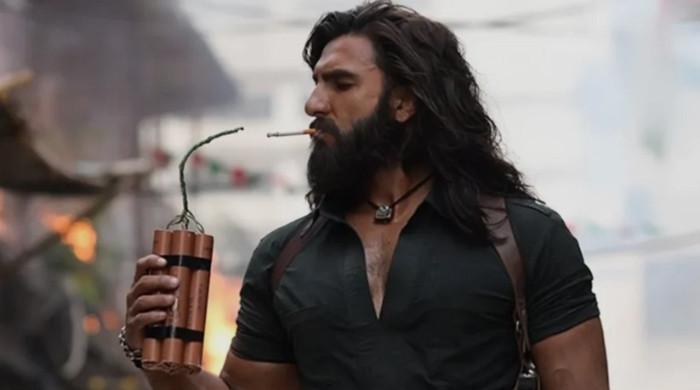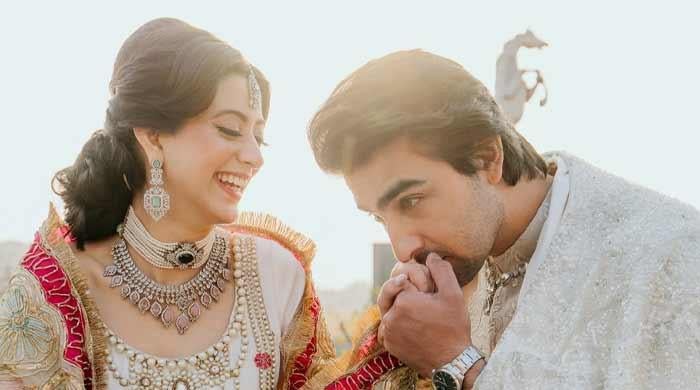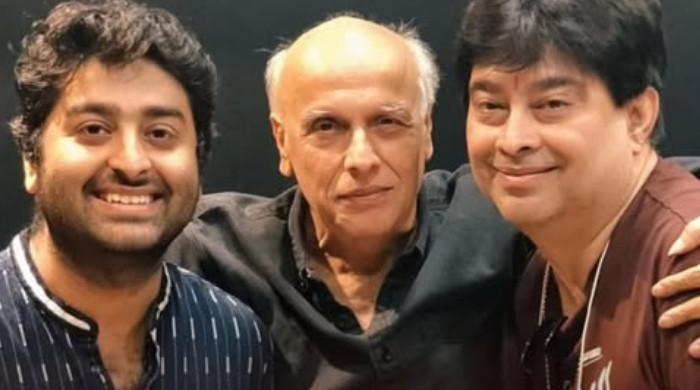The legend of Maula Jatt is very Shakespearean, even Homeric
Lashari's TLoMJ is cinema par excellence that begins like a rill and swells into an ocean
October 18, 2022
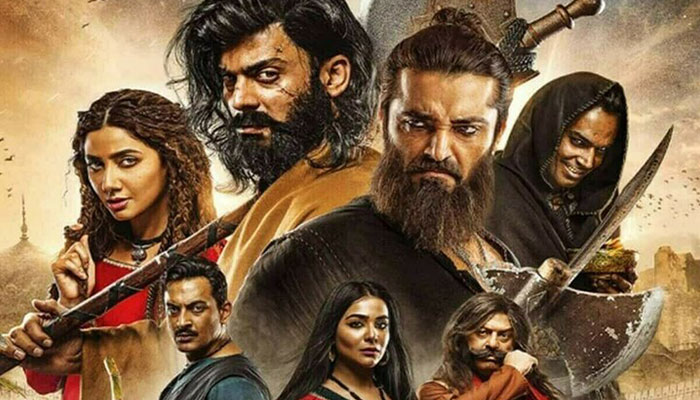
A burly figure, a volcanic temper, a visage riddled with bruises, unkempt facial hair, and locks that remind you of a certain Caucasian beast with a mane reminiscent of a lion; he had incorrigible fatigue written all over him, pouring out of every little follicle of his swill-scented frame; haunted by an infernal past, wholly incapable of humour (even a little smile from him seemed like an effort), and in the current of that queer temperament, he persecuted men with gladiatorial bravado.
He was Maula Jatt, son of Sardar Jatt, one of the most revered scions of his breed, murdered brutally along with his babe, nearly a quarter of a century ago; still, after all that time had elapsed, Maula receives glimpses of that bloody night; his father fighting off a host of invading dark armoured Natts (his rival clan), and he does it with great valour till the Natts rain upon him like moths in monsoon, and are far too many to handle.
The story begins here, very Shakespearean in its plot, even Homeric. And if the Jatts have Maula, the Natts have bred another confounding warrior, Noori Natt, more brutal, unforgiving, immoderately insolent with his regular splenetic rants, barbaric in the manner of the tartars of yore (and how they brought large tracts of the orient on the knees), and most splendid when he lets out his inmost cravings; his plaintiveness: "Oh lord I ask you for a lion, and all you give me is sheep" — there's a certain arrogance about this man, his eyes determined and doused in kohl; his brows serious and arched; his tufty locks flowing from everywhere to everywhere; his yearning to be floored by a man of a Herculean breast, his rancour for killing men far beneath his craft of hunting.
Lashari's TLoMJ is cinema par excellence, there's never a lack of prudence employed while shooting a scene, and the rhythm of the movie begins like a rill and swells into an ocean — that's how it should be. The performances are first-rate. Fawad Khan as Maula Jatt leaves us wondering that there could not have been anyone better than him to play the part; he conveys a lot through his restrained script, courtesy of his highly expressive eyes that do his bidding; his machismo that announces his other side and widens his range as an actor; but enough of my verbosity, all good sans evil remains rather obscure and uncelebrated. I mean Homer’s Iliad might not have delivered its punch without the mercilessness of King Agamemnon, and pure, unadulterated evil is surely scintillating when it comes to the big screen. There's certainly great romance in evil; and in that vein, Hamza Ali Abbasi’s phenomenal portrayal of Noori, in time, must be treated reverentially.
The two actors were incomplete without each other, if we speak of Maula’s reluctant quietism, we must also think of Noori’s elegant one-liners that most deservedly must have the packed halls erupt in a cacophony of claps and whistles; if we speak of Maula’s occasional roars, his incessant inquiry into his tragic past; we must also admire Noori’s devotion towards either killing or being killed by a worthy opponent.
This co-existence of the two was the pulse of the movie and was shot brilliantly. The supporting cast was equally splendid; Mahira as Mukkho offered us the much-needed respite from constant blood-letting and throat slitting; her love was pure worship, very maternal, very pious and you sometimes thought that it was only she, who’d known the recipe of taming Maula; to flatter the soul which from the surface seemed almost impenetrable.
Like most film reviews, I do not wish to go on and on, and in the process, ruin your cinematic curiosity; watch it not because you feel a certain responsibility towards supporting a novice showbiz industry; but because that industry is no more novice. It has grown and is at par with the very best in the business. I give it four stars out of five.
— The writer is a British Pakistani author, biographer, and poet




